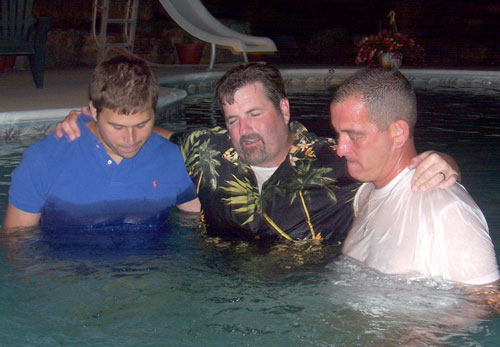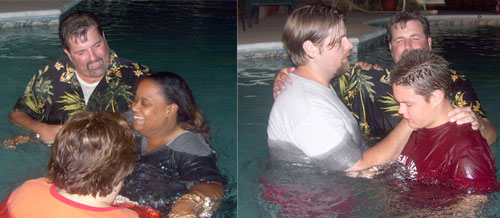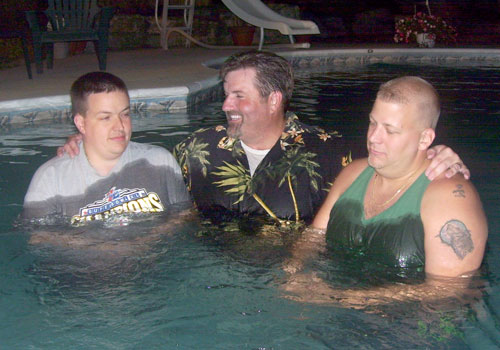August 12, 2008
|
In our travels I have heard rumors of a few of our smaller to medium sized churches discussing plans to build. That concerns me. Having led one church through two major building projects and another through major renovations, I know a little about the processes and impact such a move can have.
Several factors suggest that building more buildings is not always the wise decision to make as a steward of the Lord:
- The state of today’s economy.
- The fact that most of our churches, even those who are discussing building, are virtually stagnant or in decline.
- The availability of creative new solutions that were not available even a few years ago.
But if you are still discussing building, please STOP and ask the following questions.
Can you present a clear rationale that answers these questions:
- Why are you building?
- What are you building?
I have heard of and talked to churches that erected buildings, and when the leaders were asked what it would be used for, they answered that they thought it would be a good part of their facility to have. No strategy. No plan.
If you cannot clearly communicate what will take place in that building once it is completed and how it will help you achieve your vision, DON’T BUILD!
2. Have you exhausted ALL avenues of meeting the need for which you are building?
Many churches only look at one solution for their need.
- Could you double use your currently rooms with some flexibility in meeting times?
- Are there other facilities nearby that could be used or rented to meet the need?
- Is there a way to do a video venue to another part of your building to solve your over-crowding in worship?
- Is there any way to do something short of building another building?
3. Is there another church in the area you can partner with rather than build?
The Body of Christ (all believing churches) has literally billions of dollars of assets sitting woefully underused across this country. If turf wars could end and barriers between fellowships would cease, we could work together to accomplish something great. Church is about relationships and transformational change, not buildings. So could you use a resource another church has that they would make available to meet your goals and needs?
There are other good questions to ask but these can get you thinking. Remember, people draw people. Relationships, not buildings, are the most important thing. And the only reason to build something is if that building will provide the most effective means of accomplishing your goals.




